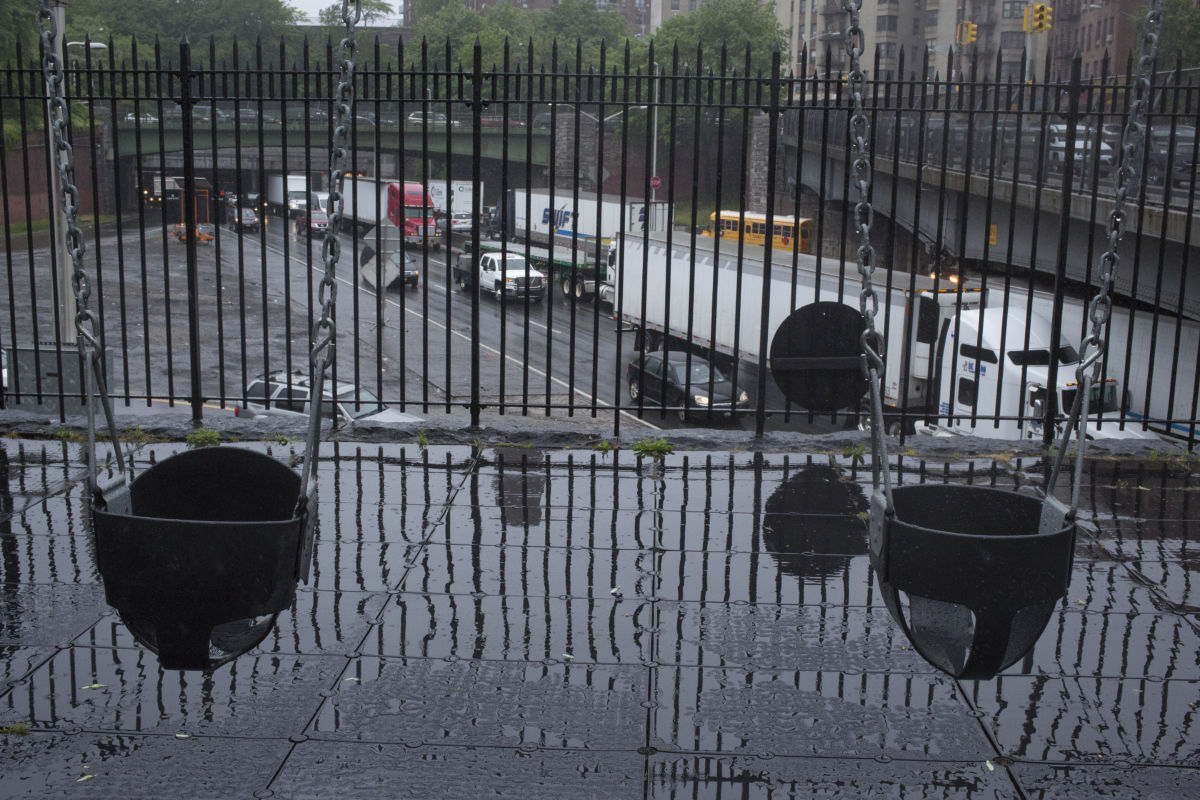Support justice-driven, accurate and transparent news — make a quick donation to Truthout today!
Just as this administration’s commitment to caring for the environment is poor, its commitment to working toward environmental justice may be lax at best.
The Trump administration inherited an interagency working group on environmental justice — 16 agencies that are supposed to work to address “the disproportionately high distribution of health and environmental risks among low-income and minority communities by seeking their fair treatment and meaningful involvement in environmental policy.”
The nonpartisan General Accountability Office (GAO) was asked to review those environmental justice efforts but found them lacking.
The working group doesn’t just include agencies that directly deal with the environment, such as the Department of the Interior and the Environmental Protection Agency (EPA). It also includes agencies such as the Department of Agriculture, the Department of Defense, the Department of Justice, and more. Each agency is supposed to provide a yearly progress report explaining what actions they’ve taken to address environmental justice.
During the Obama era, nearly all agencies filed those reports. Since Trump took office, though, that number has plummeted to only four agencies filing the required reports for 2017. Many agencies also haven’t updated their environmental justice strategic plans. The Department of Commerce even went so far as to say it simply hasn’t updated that plan because it would take too much time and resources.
Even in previous administrations, the work of a group that spans multiple agencies was sometimes difficult to quantify. However, the GAO noted, one of the best ways for it to determine whether progress was being made was simply for the agencies to file their yearly progress reports. That would seem like a relatively noncontroversial option, but only in an administration that valued the environment and environmental justice. Under Trump, several agencies are outright refusing the GAO’s recommendation of yearly reports.
For example, the Department of Transportation (DOT) stated it would only commit to providing reports “when it determines that the circumstances of its activities so warrant.” DOT’s activities, though, should also warrant a report. Impoverished communities are often surrounded by freeways, leading to far higher amounts of diesel air pollution.
Similarly, the Department of Education under Secretary Betsy DeVos has refused to commit because the agency “does not believe this is the most appropriate course of action for the department or an efficient use of resources.” That’s because even though schools in poor and minority communities are often demonstrably less safe in terms of what students may be exposed to, the Department of Education lacks authority to regulate much of that, as it is addressed at the state level. However, as the GAO points out, a new strategic plan would help Education guide its future environmental justice activities, presumably within the scope of their authority.
It’s telling that some agencies under Trump don’t even feel like they need to update the public as to their efforts to close the environmental justice gap, but given the administration’s notorious disregard for the environment generally, it isn’t surprising.
Trump is silencing political dissent. We appeal for your support.
Progressive nonprofits are the latest target caught in Trump’s crosshairs. With the aim of eliminating political opposition, Trump and his sycophants are working to curb government funding, constrain private foundations, and even cut tax-exempt status from organizations he dislikes.
We’re concerned, because Truthout is not immune to such bad-faith attacks.
We can only resist Trump’s attacks by cultivating a strong base of support. The right-wing mediasphere is funded comfortably by billionaire owners and venture capitalist philanthropists. At Truthout, we have you.
Our fundraising campaign is over, but we fell a bit short and still need your help. Please take a meaningful action in the fight against authoritarianism: make a one-time or monthly donation to Truthout. If you have the means, please dig deep.
